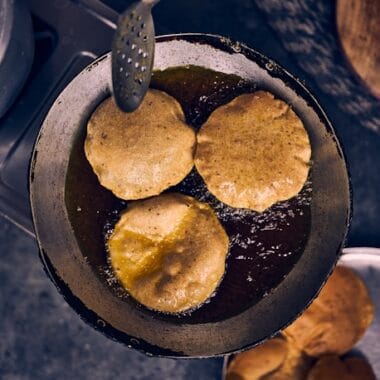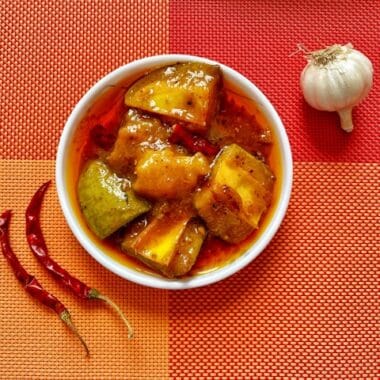In today’s health-conscious and environmentally aware world, the revival and promotion of traditional processes for cold pressed oil extraction in India hold significant importance. These age-old methods, deeply rooted in cultural heritage and local agricultural practices, offer numerous benefits that resonate with modern consumers seeking healthier, sustainable, and ethically produced alternatives. In this comprehensive blog, we explore why traditional processes for cold pressed oil extraction in India are crucial in contemporary times, their impact on health and sustainability, and their cultural significance.
1. Preservation of Nutritional Integrity
Traditional processes for cold pressed oil extraction in India prioritize the preservation of the natural nutrients found in seeds and nuts. Unlike refined oils that undergo extensive processing involving high heat and chemical solvents, traditional methods ensure that oils retain higher levels of essential fatty acids, vitamins, minerals, antioxidants, and phytochemicals. These nutrients play crucial roles in supporting overall health, including heart health, brain function, skin health, and immune function.
By preserving the nutritional integrity of oils, traditional extraction methods provide consumers with healthier alternatives that contribute to a balanced diet and lifestyle. This is particularly important in combating modern dietary issues such as obesity, cardiovascular diseases, and metabolic disorders, which are often linked to the consumption of processed and refined oils lacking essential nutrients.
2. Sustainability and Environmental Impact
Traditional processes for cold pressed oil extraction in India are inherently sustainable and environmentally friendly. These methods typically involve:
- Low Energy Consumption: Traditional presses are often operated manually or with minimal mechanical assistance, reducing energy consumption compared to industrial refining processes.
- Minimal Chemical Use: Traditional methods avoid the use of chemical solvents and additives, reducing environmental pollution and minimizing health risks for workers and consumers alike.
- Promotion of Biodiversity: Many traditional oils are derived from locally sourced seeds and nuts, promoting biodiversity and supporting indigenous agricultural practices. This helps preserve traditional crop varieties and ecosystems, fostering resilience against climate change and promoting food security.
By opting for oils extracted through traditional methods, consumers contribute to sustainable agricultural practices and reduce their environmental footprint. This aligns with global efforts towards sustainable development goals and ethical consumption practices.
3. Cultural Heritage and Community Empowerment
Traditional processes for cold pressed oil extraction in India are not merely technical methods but are deeply embedded in cultural heritage, local customs, and community identities. These methods have been passed down through generations, often accompanied by rituals, festivals, and communal celebrations that highlight the importance of oils in culinary traditions and daily life.
By supporting traditional oil extraction practices, consumers contribute to the preservation of cultural heritage and the empowerment of local communities. Artisans and small-scale producers who specialize in traditional oil extraction methods are able to sustain their livelihoods and preserve their cultural identities. This fosters community cohesion, pride, and resilience against the homogenizing forces of globalization.
4. Health Benefits and Culinary Excellence
The oils extracted through traditional processes are renowned for their superior quality, distinct flavours, and aromatic profiles. Whether it’s the nutty richness of sesame oil, the pungent aroma of mustard oil, or the tropical sweetness of coconut oil, these oils enhance the culinary experience and add depth to dishes. Chefs and home cooks alike value the authenticity and purity of traditionally extracted oils, using them in a variety of culinary applications, including cooking, baking, salad dressings, and marinades.
From a health perspective, traditional oils offer a healthier alternative to refined oils, contributing essential nutrients and beneficial fats to the diet. The presence of antioxidants and phytochemicals further enhances their nutritional profile, providing consumers with oils that not only taste better but also support overall well-being.
5. Quality Assurance and Transparency
Traditional processes for cold pressed oil extraction in India promote transparency and traceability in the supply chain. Consumers can trace the origin of their oils back to specific regions, farms, or even individual producers, ensuring quality assurance and ethical sourcing practices. This direct connection between producers and consumers fosters trust and accountability, allowing consumers to make informed choices about the oils they purchase and consume.
In an era marked by concerns over food safety, authenticity, and ethical production, traditional extraction methods offer a reassuring alternative. They prioritize quality over quantity, emphasizing artisanal craftsmanship and attention to detail throughout the production process.
6. Integration of Traditional Wisdom with Modern Demands
The revival of traditional processes for cold pressed oil extraction in India represents a harmonious integration of ancient wisdom with modern demands for health, sustainability, and ethical consumption. As consumers become increasingly discerning about the origin and production methods of the products they buy, traditional oils stand out as exemplars of purity, authenticity, and cultural richness.
By embracing traditional extraction methods, consumers not only support local economies and sustainable practices but also contribute to the preservation of traditional knowledge and craftsmanship. This holistic approach benefits producers, consumers, and the environment alike, creating a win-win situation that values tradition while embracing innovation in agricultural practices.
Conclusion
In conclusion, traditional processes for cold pressed oil extraction in India are invaluable assets in today’s globalized world. They offer a pathway towards healthier diets, sustainable agriculture, cultural preservation, and community empowerment. By choosing oils extracted through traditional methods, consumers uphold centuries-old traditions, support local economies, and promote environmental sustainability.
At Oylar, we are committed to promoting these traditional practices and offering consumers a range of high-quality cold pressed oils that embody the purity, authenticity, and health benefits of India’s rich cultural heritage. Explore our collection and join us in celebrating the timeless tradition of cold pressed oils from India.











